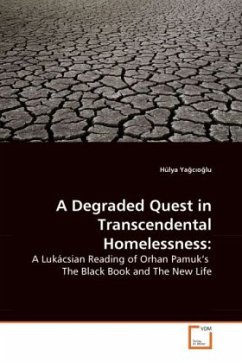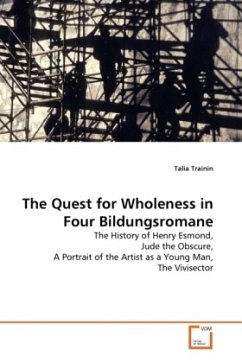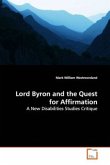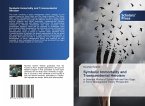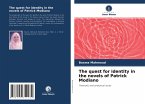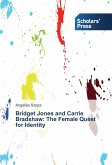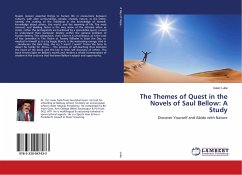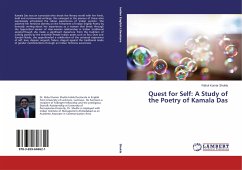This book is an attempt to link some aspects of Orhan Pamuk's work with the classical novel by relying on Lukács' theory of the classical novel. However postmodern they look, both The Black Book and The New Life have deeper associations with the foundations of the novel form. In this book, the nature of the quest motif has been analyzed in classical and modernist paradigms, utilizing the concepts of melancholy, nostalgia and individuation. While the protagonists in these novels set out on a quest for totality and meaning in a God-forsaken modern world as a spiritual wasteland, they ultimately find themselves trapped in transcendental homelessness in degraded quests, as epitomized by Lukács. The melancholic mood of both novels lies in the rupture between the characters' individuated state and reified world, which suggests that the circularity and futility of the quests lead to the hopelessness of the struggle and the final victory of unredeemed homelessness. The aim is to study how the novels present a significant criticism about the possibility of emancipation and individual salvation as well as the chances of a meaningful search in any modern odyssey.

